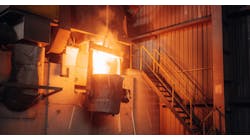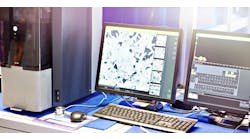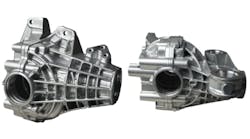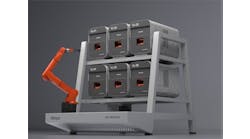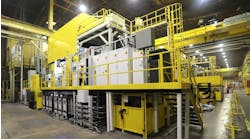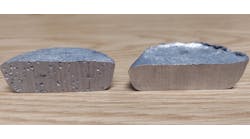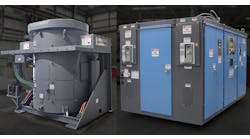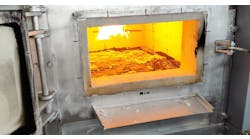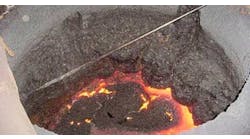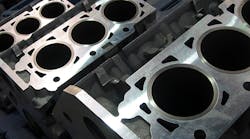Nemak of Canada Corp. has landed a C$3-million federal grant to install a new, fully automated, “flexible manufacturing” process that will be used to produce a series of lighter engine blocks. The funds are being provided to Nemak and a specialty machine builder, Arbec Tool and Machine Ltd.
Details of the new cast product are unavailable. Neither Nemak of Canada nor Arbec Tool has commented on the investment or the lightweight engine blocks that would be produced at the Windsor, ON, aluminum casting complex.
According to Canada’s Automotive Supplier Innovation Program, which is issuing the grant, “These engine blocks will make cars lighter, more fuel-efficient and better for the environment.”
The manufacturing process being developed for Nemak will be a fully automated robotic system “which itself is an innovation,” according to ASIP, and will help to make Nemak more globally competitive.
ASIP supports research and development activities by small and medium-sized companies that provide components, parts, and production systems for the automotive supply chain.
Nemak, based in Monterrey, Mexico, produces aluminum cylinder heads, engine blocks, transmission parts, and automotive structural components at plants in 15 countries.
Like Nemak of Canada, Arbec is headquartered in Windsor, ON. Its specialty is building a range of manufacturing machinery: bushing press machines, shear and nail pierce machines, hot stamp piercing systems, hydro-forming machines, forming machines, laser tooling, robotic welding systems, and various other machine types.
The Windsor project reportedly will establish up to 70 new jobs, according to Hon. Navdeep Bains, Canada’s Minister of Innovation, Science, and Economic Development.
"If Canada is to succeed in making the cars of the future, we must embrace greener, more sustainable technologies,” according to Bains.
